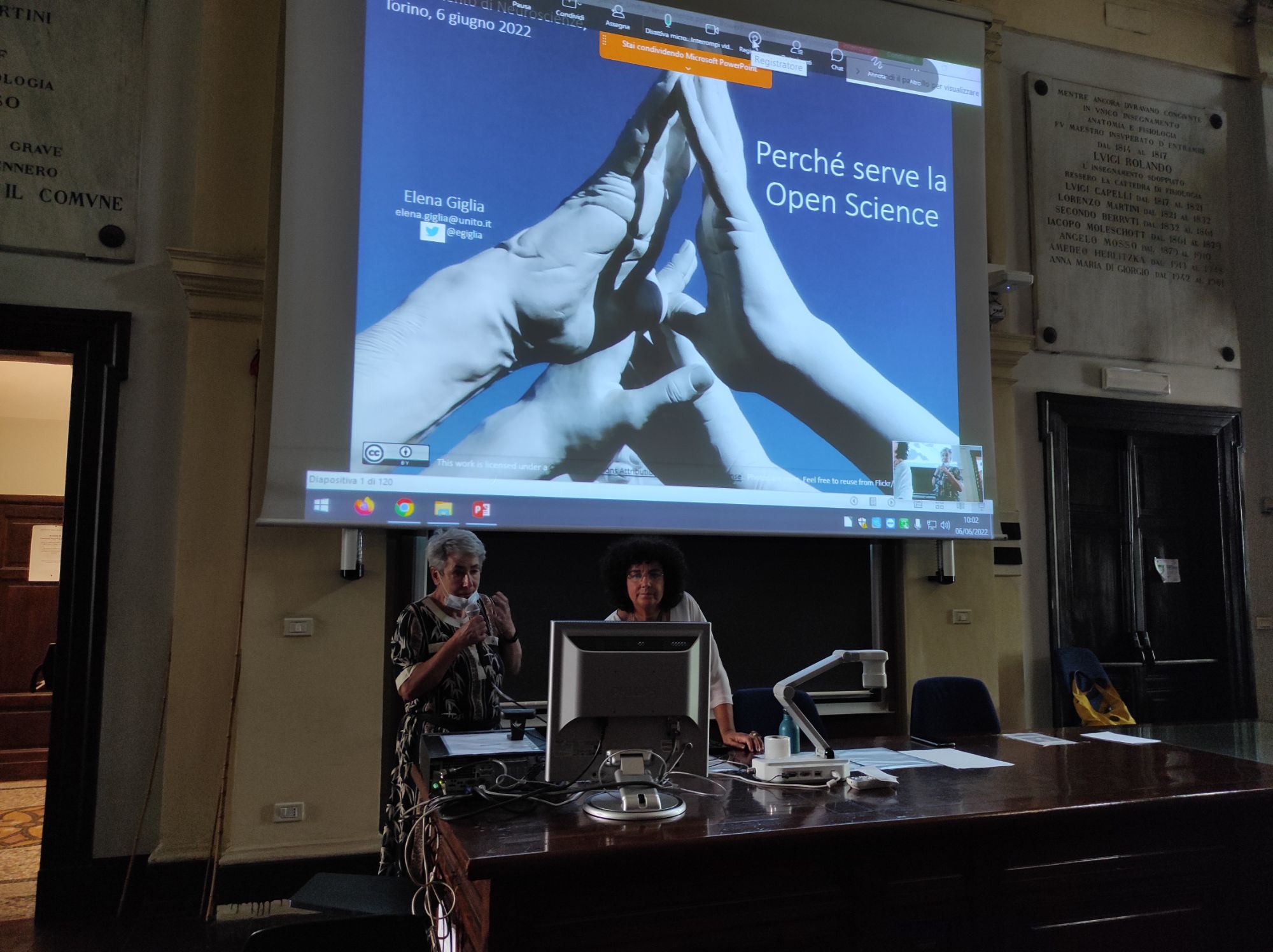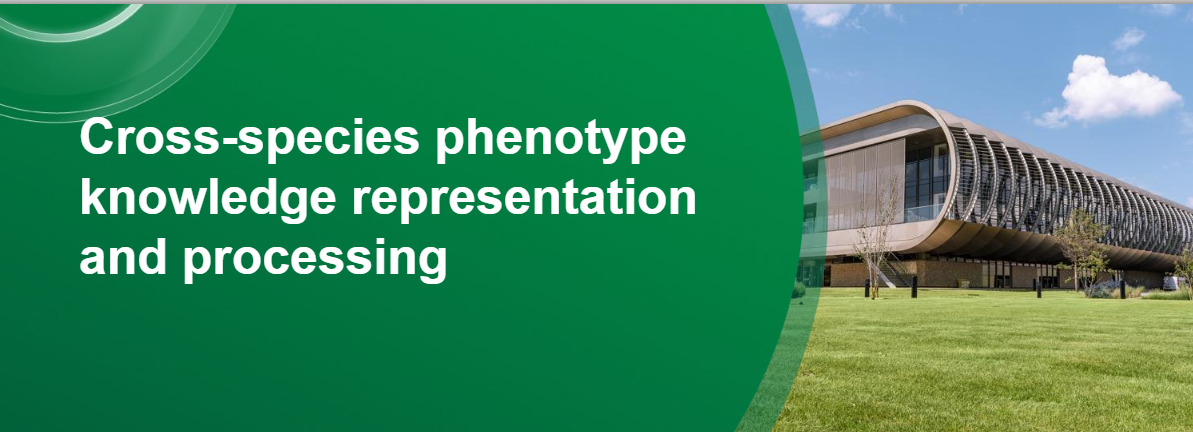
June 06, 2022
Elena Giglia, Open Science Unit, Research Department, University of Turin
10:00-12:30 Why Open Science is needed
We will start with an analysis of the current crisis in scientific communication to discuss the need for Open Science and the sharing of data and results as early and as openly as possible, in light of the lessons learned during the pandemic. We will look at Open Science practices and tools to open up every stage of research.
Alessandro Mauro, Dean of the Department of Neurosciences, University of Turin
14:00-14:10 Greetings and welcome address
14:10-16:40 Elena Giglia, Open Science in Horizon Europe
We will look specifically at the new Horizon Europe requirements on mandatory and recommended Open practices in the Methodology-Excellence section of the project proposal, the importance of FAIR data and the Data Management Plan for open and reproducible research.
Learn More